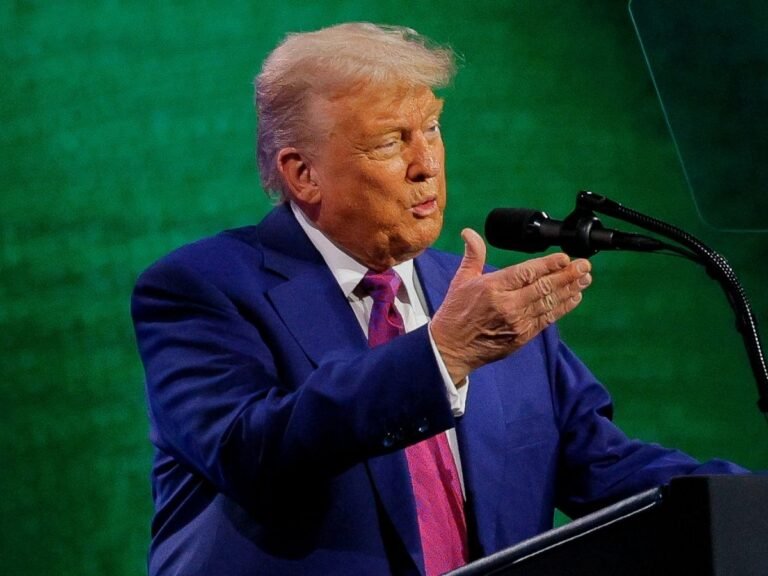The US State Department has unveiled a new pilot program that could require certain travelers to pay visa bonds of up to $15,000. Aimed at curbing visa overstays, the 12-month pilot initiative targets applicants for tourist and business visas (B1/B2) from countries with high rates of visa violations.
This comes after Donald Trump’s government has enhanced its crackdown on immigration and visa regulations.
Bond Requirement Focuses on High-Risk Nations for Overstays
According to a notice issued by the Department of State, consular officers may mandate that nonimmigrant visa applicants from designated countries post a refundable bond, up to $15,000, as a condition for visa issuance. The countries affected by this measure will be announced at least 15 days before the program takes effect, which is scheduled for August 20. The pilot will run for a year, with further evaluation to determine if a full-scale rollout is feasible.
This initiative stems from a proposal floated during Donald Trump’s first term as president. At the time, Trump promoted visa bonds as a potential “diplomatic tool” to ensure compliance with visa terms, particularly timely departures. But, due to the COVID-19 pandemic and a subsequent collapse in international travel, the program failed to implement. The State Department’s notice acknowledges that the pandemic delayed the rollout and prevented data collection needed to assess its long-term viability.
The visa bond program aligns with Trump’s decision to tighten US borders as earlier this year, the authorities slapped a travel ban on many countries considered security risks or uncooperative in immigration enforcement.
Travel Bans and Visa Restrictions Expand Under Tougher Rules
Nationals from Afghanistan, Myanmar, Chad, the Republic of the Congo, Equatorial Guinea, Eritrea, Haiti, Iran, Libya, Somalia, Sudan, and Yemen faced full entry ban. These are the countries reported for inadequate traveler screening and relations to terrorism.
Also, countries like Burundi, Cuba, Laos, Sierra Leone, Togo, Turkmenistan, and Venezuela faced partial restrictions. In cases like these, various limitations were applied to several immigrant and nonimmigrant visa categories, including B1/B2 (tourist/business), F (student), M (vocational student), and J (exchange visitor), primarily due to high visa overstay rates and lack of cooperation with U.S. law enforcement agencies.
Also Read: New US Rule: Migrants Face Deportation to Third Countries Within Six Hours

